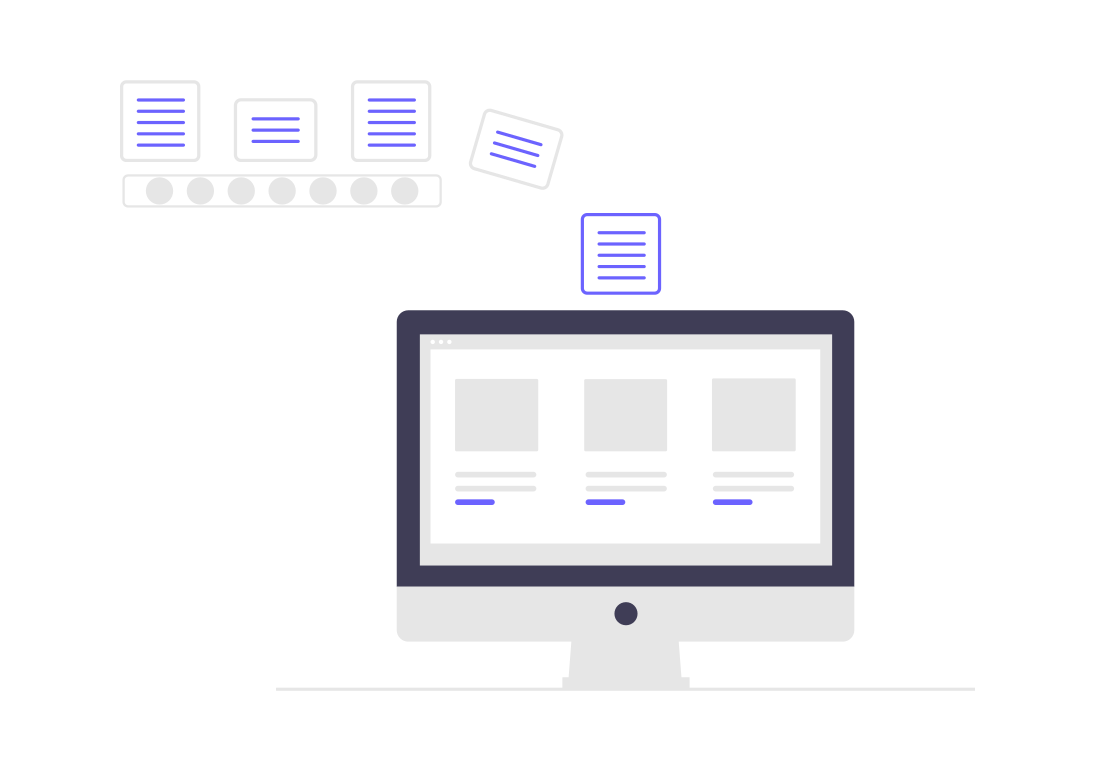In the fast-paced tech industry, personalization has emerged as a crucial strategy for enhancing customer engagement and driving business growth. Leveraging AI tools like ChatGPT, companies can transform how they collect, analyze, and utilize data to create hyper-personalized experiences that resonate with their audience. This blog explores the journey from data collection to personalized customer engagement, highlighting the role of ChatGPT in revolutionizing these processes.
Understanding Data Collection
Data collection is the foundation of personalization. It involves gathering information about customer behaviors, preferences, and interactions across various touchpoints. For tech companies, this data can be collected from websites, mobile apps, social media platforms, and customer service interactions. The goal is to create a comprehensive view of each customer, enabling personalized experiences that drive engagement.
Key Components of Effective Data Collection:
- Comprehensive Data Sources: Integrating multiple data sources ensures a holistic understanding of customer behavior. This includes web analytics, CRM systems, social media insights, and direct customer feedback.
- Real-Time Data Processing: Real-time data processing allows companies to capture and respond to customer actions as they happen, providing timely and relevant interactions.
- Privacy and Security: Ensuring data privacy and security is paramount. Tech companies must adhere to regulations and implement robust measures to protect customer information.
The Role of ChatGPT in Data Analysis
Once data is collected, the next step is to analyze it to uncover actionable insights. ChatGPT excels in this area by using natural language processing (NLP) and machine learning algorithms to analyze vast amounts of data quickly and accurately.
Key Benefits of ChatGPT in Data Analysis:
- Natural Language Understanding: ChatGPT can interpret and analyze unstructured data, such as customer reviews and social media posts, providing deeper insights into customer sentiments and preferences.
- Pattern Recognition: By identifying patterns and trends in customer behavior, ChatGPT helps predict future actions, enabling proactive engagement strategies.
- Scalability: ChatGPT can handle large volumes of data, making it ideal for tech companies dealing with extensive customer interactions.
Creating Personalized Customer Engagement
With insights derived from data analysis, tech companies can craft personalized engagement strategies. ChatGPT plays a pivotal role in executing these strategies through various means.
Key Applications of ChatGPT in Customer Engagement:
- Customized Communication: ChatGPT enables personalized communication across channels, tailoring messages to individual customer preferences and behaviors. This includes personalized emails, chatbots, and social media interactions.
- Dynamic Content Generation: Leveraging ChatGPT, companies can create dynamic content that adapts to the interests and needs of each customer. This includes personalized recommendations, content suggestions, and targeted promotions.
- Interactive Customer Support: ChatGPT-powered chatbots provide instant, personalized support, enhancing the customer experience by addressing queries and issues in real time.
Measuring the Impact of Personalization
To ensure the effectiveness of personalization efforts, it's essential to measure their impact. Key performance indicators (KPIs) such as customer engagement rates, conversion rates, and customer satisfaction scores provide valuable insights into the success of personalized strategies.
Key Metrics for Evaluating Personalization:
- Engagement Metrics: Track metrics such as click-through rates, time spent on site, and social media interactions to gauge customer engagement levels.
- Conversion Metrics: Measure the impact of personalized strategies on conversion rates, including sales, sign-ups, and other desired actions.
- Customer Feedback: Collect and analyze customer feedback to understand their perceptions of personalized experiences and identify areas for improvement.
The Future of Personalization with ChatGPT
As AI technology continues to evolve, the capabilities of ChatGPT in driving personalization will only expand. Future advancements may include more sophisticated sentiment analysis, deeper integration with IoT devices for real-time data collection, and enhanced predictive analytics for even more accurate personalization.
Conclusion
ChatGPT-driven personalization represents a transformative approach for tech companies seeking to enhance customer engagement. By effectively collecting and analyzing data, and leveraging AI to deliver tailored experiences, businesses can foster stronger connections with their audience, driving growth and loyalty. Embracing these technologies today positions companies at the forefront of innovation, ready to meet the evolving demands of their customers.


